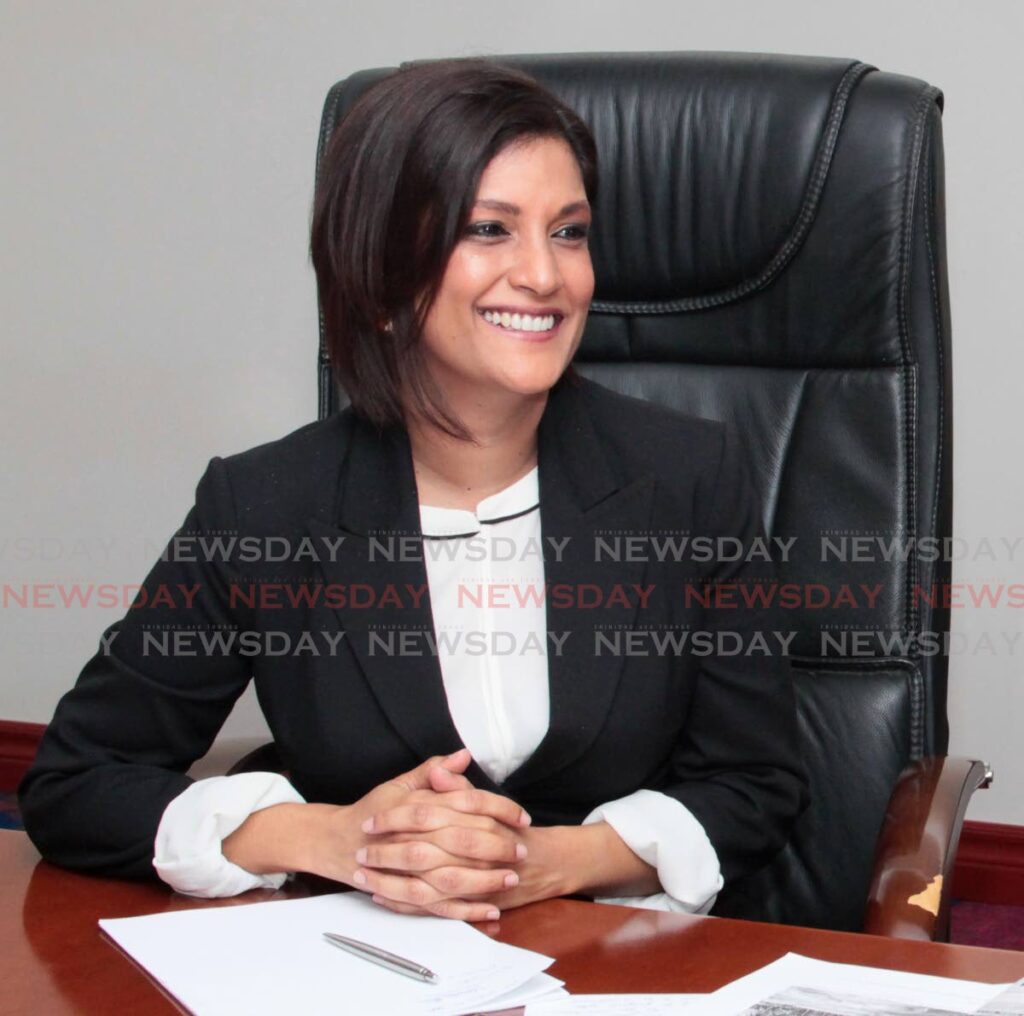Rising voice of Mickela Panday

THE EDITOR: As we approach the 2025 general election, we find ourselves at a crossroads. After a decade of PNM governance, there is disillusionment with the lack of leadership and national direction.
The UNC remains stagnant, unable to expand beyond its traditional East Indian base. Its new coalition of interests lacks structure, cohesion, any real political weight, and appears opportunistic, held together more by the shared desire for power than by any unifying vision.
In this environment, Mickela Panday has a rare opportunity to reshape the political landscape and position herself as the leader the country is yearning for.
Despite the weight of the Panday name in national politics, Mickela is not defined by her father’s legacy. Basdeo Panday, our first Indo-Trinidadian prime minister, remains a controversial figure; celebrated for breaking racial barriers but also tainted by corruption allegations.
However, Mickela has distanced herself from those battles and, unlike many second-generation politicians, she is not seen as a mere extension of her predecessor. If she can effectively communicate this distinction, she could appeal to a broad spectrum of voters disillusioned with the current options.
The UNC is struggling to present itself as a viable alternative to the PNM. Under Kamla Persad-Bissessar’s leadership, the party has failed to expand beyond its core and has now abandoned efforts to win support in traditionally black and urban areas.
This is evident in its retreat from Tobago, where it has chosen not to field candidates. In Port of Spain, La Brea, Pointe-a-Pierre and most likely Diego Martin, the party is offering alliance candidates. This signals a party resigned to ethno-regional dominance rather than national victory, leaving a massive gap for an alternative force to emerge.
The PNM is struggling with its own internal challenges. While the party has arguably managed the economy well enough to avoid major crises, it has failed to inspire confidence in a long-term vision for the country.
Crime remains rampant and the government’s response has been largely reactive, with no transformative policies to generate enthusiasm among the electorate.
Stuart Young, as Dr Rowley’s hand-picked successor, faces an uphill battle in energising the electorate, and his close ties to Rowley make it difficult for him to present himself as a candidate of change.
While Mickela Panday has many strengths, she faces a major disadvantage: the absence of a strong political machinery. TT’s political landscape favours well-funded parties with deep institutional networks, making it difficult for new entrants to break through.
The PNM and UNC have spent decades cultivating financial backers whereas Panday’s Patriotic Front lacks the established donor networks and mobilisation required for a large-scale national campaign.
This is why campaign finance reform has never been a priority for any government. Both the PNM and UNC benefit from a system that allows private financing to determine electoral success.
Without corporate backers willing to take a risk, Panday faces a steep financial hill to climb. To counter this, her campaign must embrace alternative strategies such as social media outreach and small-donor fundraising to build financial momentum while reinforcing her image as a candidate independent of traditional business interests.
Historically, new political movements in TT have broken through by capitalising on national frustration and uniting diverse constituencies. The United Labour Front (ULF) in the 1970s built a broad movement that challenged the political establishment. The Democratic Labour Party (DLP) galvanised Indo-Trinidadian support when it felt under-represented. The National Alliance for Reconstruction (NAR) achieved an electoral landslide in 1986 by uniting opposition factions under a single banner of change.
However, these same movements also offer cautionary lessons. The ULF was ultimately weakened by internal divisions. The DLP, despite early success, failed to expand beyond its ethnic core. The NAR collapsed under the weight of internal betrayal.
Panday must learn from these mistakes. To succeed, she must build a party structure capable of sustaining long-term governance. Her greatest strength is her ability to offer something genuinely new. She represents a fresh voice that could unify disenchanted voters across racial and political lines.
Her youth is an asset, not a liability and at a time when younger generations feel disconnected from traditional politics, she can tap into their frustration and present a forward-thinking agenda that speaks directly to their concerns – job creation, education reform, crime reduction, and sustainable economic growth.
Many traditional UNC and PNM voters remain loyal but uninspired; if she presents a credible alternative, they may be willing to shift their support. By positioning herself as the only candidate offering a bold new path, she can unite diverse constituencies under a common vision for the country’s future and disrupt the UNC-PNM duopoly, positioning herself as the leader TT desperately needs.
JASON ROPER-BROOKS
Maraval

Comments
"Rising voice of Mickela Panday"